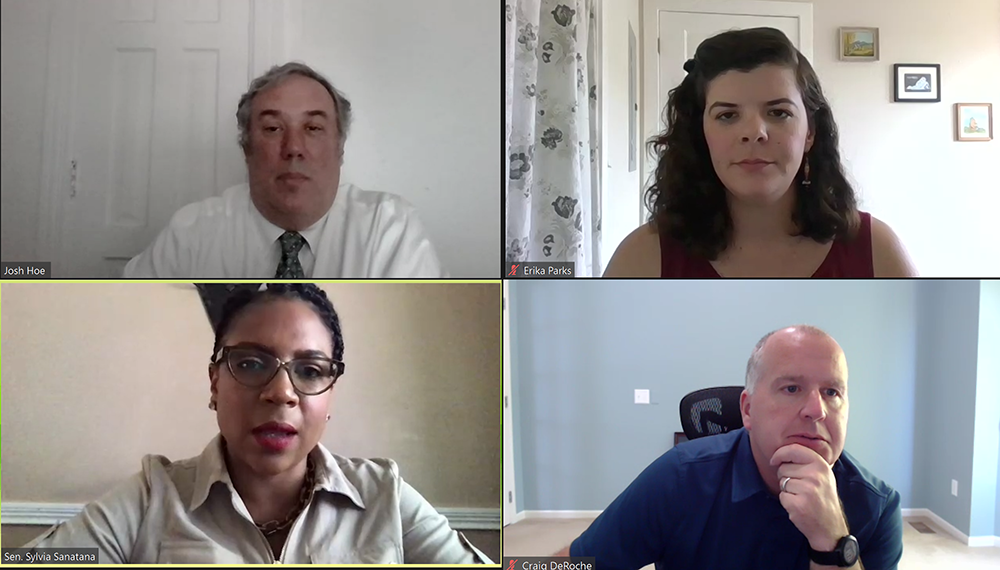The final report of the Michigan Joint Task Force on Jail and Pretrial Incarceration found that most arrests in Michigan are for misdemeanors that harmed no one. Research shows police squander many hours and large amounts of taxpayer dollars to arrest, book and jail people for these minor offenses. For that reason, the task force recommended reclassifying many minor offenses as ticketable infractions.
Changing these offenses from ones that bring potential jail time to lesser charges that result in tickets and fees or fines would come as a relief not only to citizens who receive a ticket, but to police officers who write the tickets as well. Civil infractions do not typically count against a person on a job or housing application like a felony or even misdemeanor could. And police officers told the task force that booking and processing a person on even a minor crime involves hours of time at a desk that could be spent in the community.
Safe & Just Michigan hosted a webinar Monday to examine what these changes would mean for Michigan and the thousands of people each year who are arrested on these minor charges. The event was moderated by Erika Parks, senior policy associate for The Pew Charitable Trusts. She was joined by two task force members on the panel: Sen. Sylvia Santana, (D-Detroit); and Craig DeRoche, senior vice president for advocacy and public policy for Prison Fellowship and a former Michigan House Speaker (R-Novi). Also joining the task force was Josh Hoe, policy analyst for Safe & Just Michigan.
Issues discussed include:
- The process the Michigan Joint Task Force on Jail and Pretrial Incarceration went through to gather the information and data needed to make their recommendations.
- The negative impact of spending time in jail for low-level offenses.
- The collateral consequences of being convicted of a crime, even minor ones.
- How the recommendations made in the report relate to the changes in pretrial detention experienced during the Covid-19 crisis.
- Why alternatives to incarceration are appropriate in most misdemeanor cases.
- The progress and development of bills to introduce these recommendations to the Legislature.
You can watch the entire conversation below:
Resources for Information Made Available in the Chat Box:
Task Force
Research
- Collateral Consequences of Criminal Convictions. American Bar Association (2018)
- Confronting Criminal Justice Debt: A Guide for Policy Reform. Criminal Justice Policy Program (2016)
- Diverting and Reclassify Misdemeanors Could Save $1 Billion Per Year: Reducing the Need For and Cost of Appointed Counsel. Boruchowitz (2010)
- Punishment Without Crime: How Our Massive Misdemeanor System Traps the Innocent and Makes America More Unequal. Natapoff (2018)
- Why Arrest? Harmon (2016)

